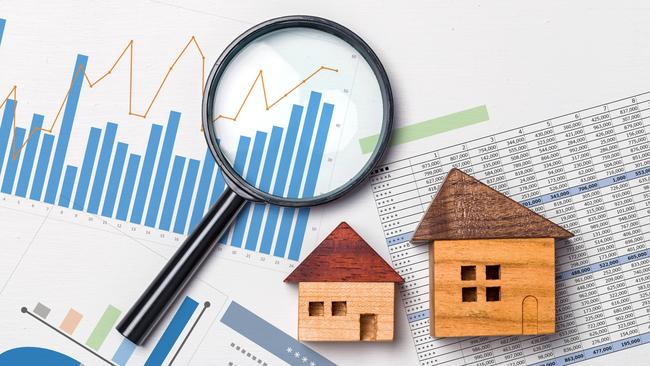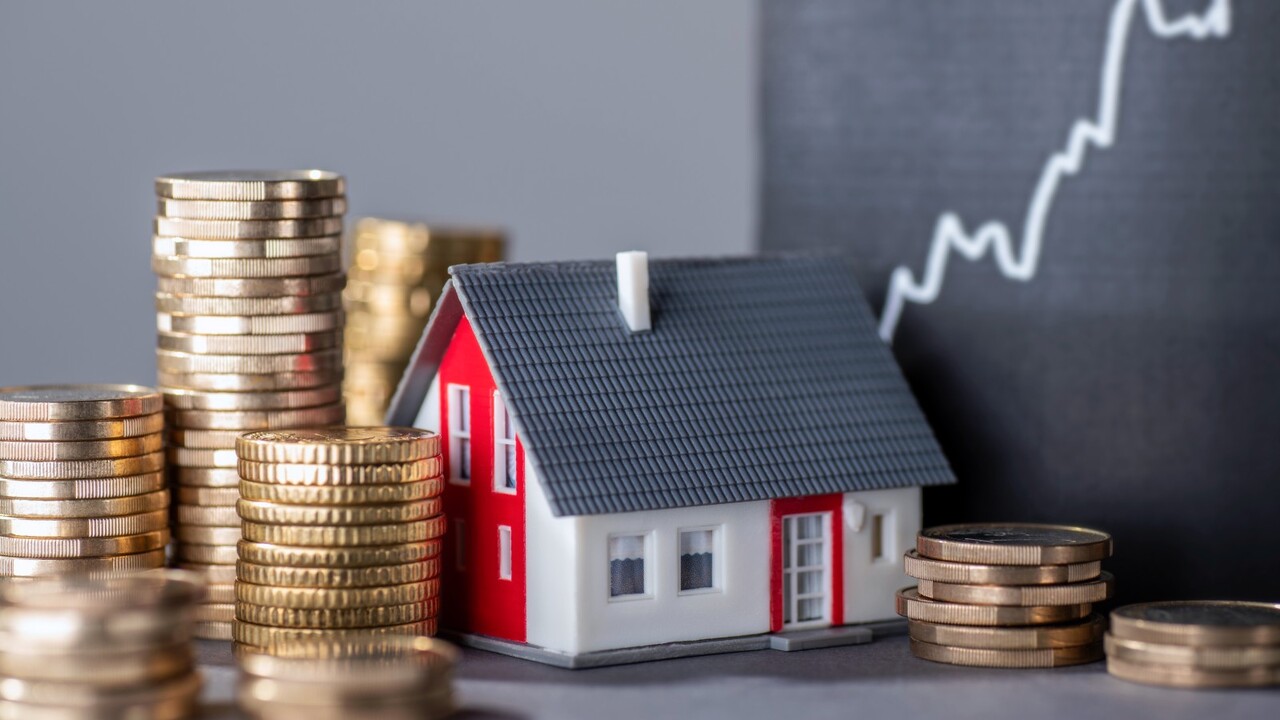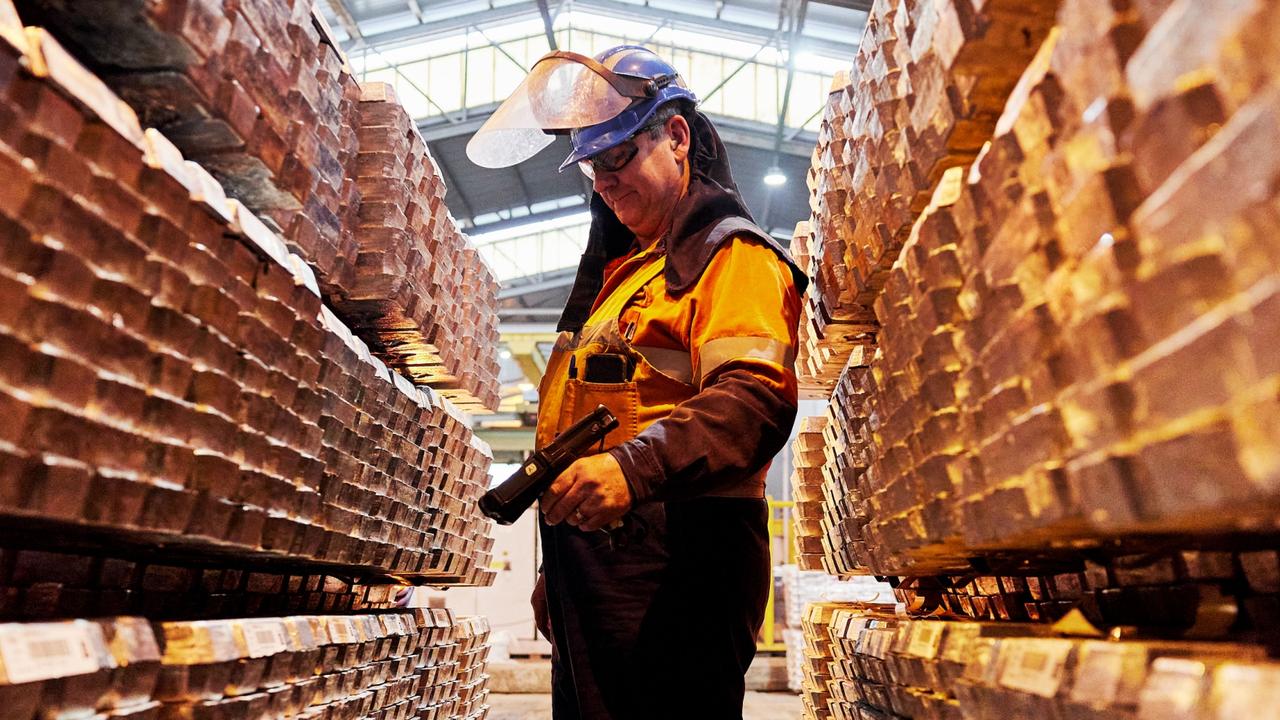Tax deductions for investors: where landlords miss out
Real estate investors can access some big tax deductions but many miss out by failing to ask the right questions.

Business
Don't miss out on the headlines from Business. Followed categories will be added to My News.
Surging building costs are delivering bigger tax deductions for property investors who remember to claim for depreciation, but experts say many of the nation’s 2.3 million landlords are missing out.
Construction costs for homes have climbed 39 per cent since the pandemic, according to Australian Bureau of Statistics data, adding thousands of dollars a year to potential depreciation tax deductions.
However, an analysis by BMT Tax Depreciation has found 70-80 per cent of investors do not claim all they are entitled to.
A key reason is confusion caused by rule changes in 2017 that banned depreciation deductions on fixtures and fittings that were not bought new by an investor. This meant that carpets, curtains and other items could not be claimed on property bought second hand, even if only a year old.
However, this rule change did not affect capital works deduction for construction costs – typically 2.5 per cent a year over 40 years.

BMT Tax Depreciation CEO Bradley Beer said a lack of knowledge held back many investors.
“People think old property doesn’t have deprecation, and it doesn’t on second hand plant, but it does have claims on the building,” he said.
“The depreciation you claim has a relation to its cost and value,” he said.
“If something cost $400,000 before the increase and you add 30 per cent, that’s $520,000, and your deductions go from $10,000 to $13,000 per year because of the increased construction costs.
“Seventy to 80 per cent of people are not maximising it…anything that’s built from 1987 onwards, you are automatically able to claim this on a house that you buy now.”
Mr Beer said additions such as new rooms or kitchen or bathroom renovations could also qualify for the capital works deduction “regardless of whether you did it or someone else”.
Investors could also enjoy better returns by getting the basics right.
“Some people try and cut corners. Even in our industry there are people trying to cut corners – they go ‘let’s not visit the site, let’s look at the photos we found on realestate.com.au’ and try and do it from that information,” Mr Beer said. “A quantity surveyor should visit the site and measure things properly and do a thorough job.”
A detailed deprecation report costs around $700, and is tax-deductible, and Mr Beer said there were important reasons for investors to act before June 30.
“The key reason to think about it now is if you have been missing out on anything, you can go back and adjust up to two tax returns and fix it up,” he said.
“Don’t do another tax return before you find out whether there’s any opportunity to get more deductions because you can only amend two.”
Property economics academic, author and investor Peter Koulizos said some investors looking to cut upfront costs end up paying for it the long run.
“Some investors don’t want to pay for an accountant because they figure they can do it all themselves,” he said.

However, a good accountant would recommend investors get a depreciation schedule, Mr Koulizos said.
“Many people incorrectly think they can’t depreciate anything because they didn’t pay for it,” he said.
Mr Koulizos said before June 30 investors should:
• Find an accountant specialising in property.
• Get a depreciation schedule if they did not already have one.
• List their property’s expenses incurred this financial year, which would make the accountant’s job easier and give the investor performance data.
Author Ravi Sharma, in his new book Retire Filthy Rich with Real Estate, said the ATO had become more vigilant about scrutinising rental property repairs and renovations.
“Immediate repairs on your investment properties are fully deductible, but capital improvements, such as adding a room or upgrading the kitchen, need to be depreciated,” he said.
Mr Sharma said accountants and quantity surveyors were underrated but important.
“Taxes might not be the most exciting part of property investing, but they play a significant role in your overall financial success,” he said.
“When done right, tax minimisation becomes a crucial part of building long-term wealth through real estate.”
More Coverage
Originally published as Tax deductions for investors: where landlords miss out




